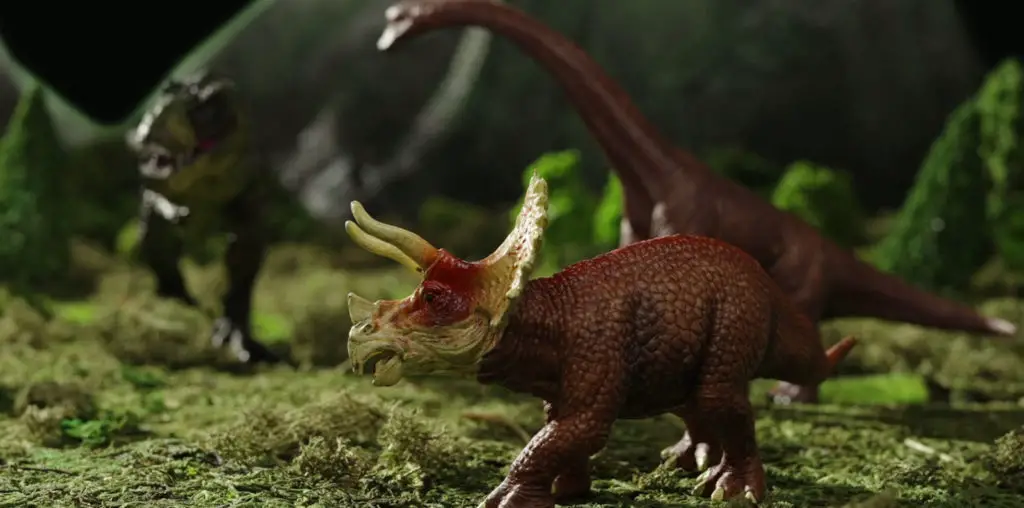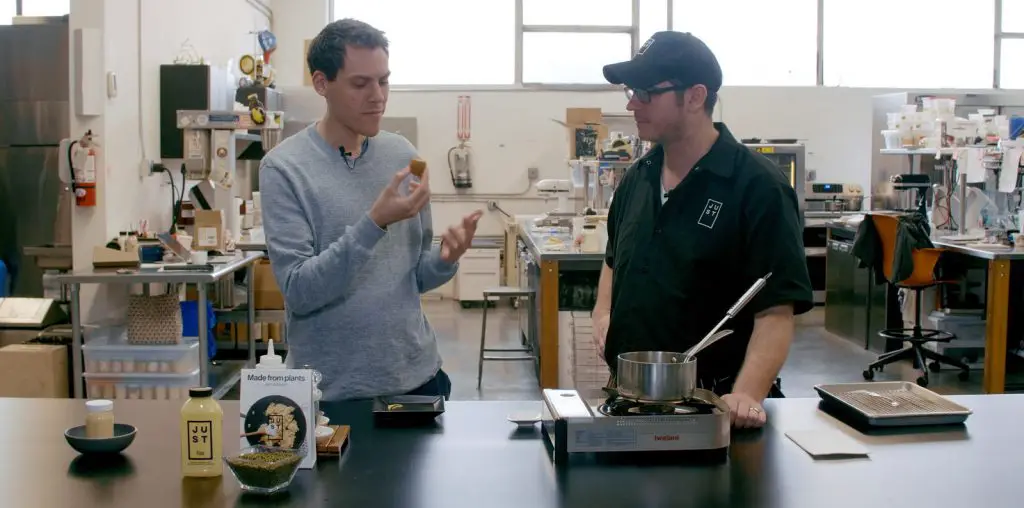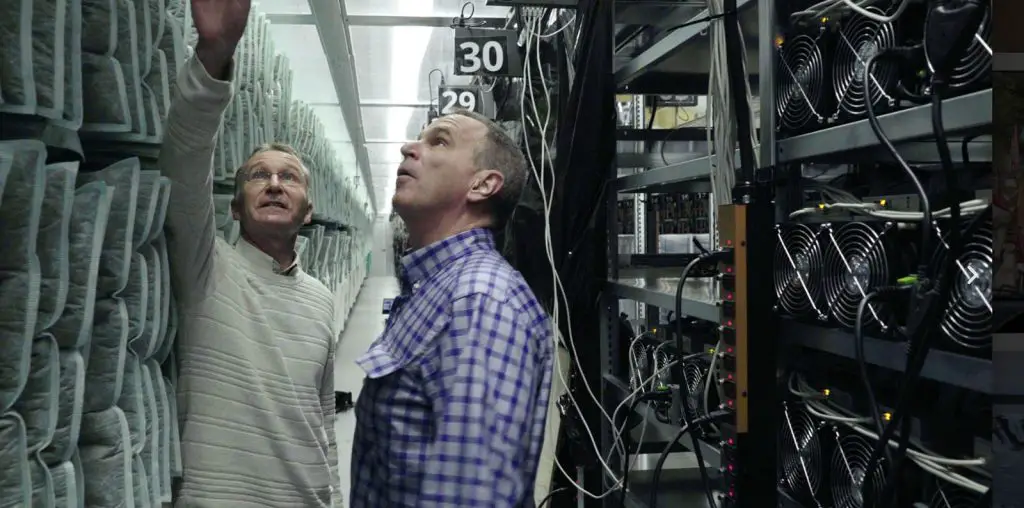
Most of us are attached to places, whether it’s somewhere we’ve lived for a long time or a favorite destination. Some, however, have a closer bond to specific locales because of cultural affinity and a sense of spiritual belonging. In director/co-writer Elaine McMillion Sheldon’s King Coal, a documentary on the outsized importance placed upon the titular resource, the bond is ironclad for the inhabitants of Appalachia. It’s a special place, though one that will be alien to many viewers.
Filmed mostly in West Virginia, the film is an ethereal journey into what coal and its extraction means to the community of blue-collar miners and inhabitants of mining towns. Coal mining isn’t glamorous, and it’s among the most dangerous professions imaginable, considering the risk of methane explosions and other disasters around every corner. But there’s an obsessive pride in it for those involved, even in the face of dire existential questions amid a movement away from the extraction and use of fossil fuels. For most of us, it’s a dirty rock, the abuse of which is accelerating climate change. For them, it’s a defining characteristic of their identity.
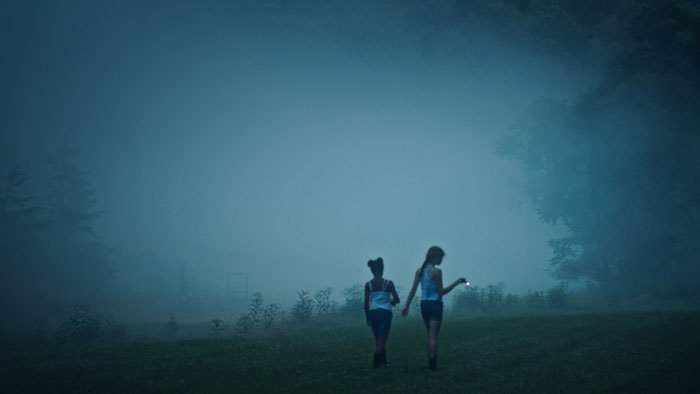
“…what coal and its extraction means to the community of blue-collar miners…”
Sheldon’s narration makes it clear that she’s proud of her home state (perhaps the epicenter of the coal mining industry). The identity crisis of the locale is the heart of the narrative and the closest bonds we form as viewers are with two young girls, Lanie Marsh and Gabrielle Wilson, who dream of getting away from it. They are contrasted with other citizens, the hard-working salt-of-the-earth types that have historically defined the community. We spend a brief sequence with one man getting an intricate tattoo of a miner on his bicep. He recounts how he’s the third generation of his family to be a miner, as well as horrific stories of fellow miners getting injured.
Memorable sequences of King Coal include a trip down a coal mine, with images of black rock formations not unlike something H.R. Giger would contribute to an entry in the Alien franchise. It’s hard not to interpret the dark tunnels as something akin to a natural hell on (or under) Earth. Yet, Sheldon is sure to remind us that coal is formed from the detritus of forests from millions of years ago. What once was green and lush becomes the stuff of nightmares. It’s a fascinating documentary, but there are times when the filmmaker might have been better served by keeping it more grounded in the experiences and personalities of the individuals involved instead of the frequent philosophical musings.
For those of us living elsewhere, it’s easy to forget that while the coal industry as we know it is in flux, these changes will have serious consequences for scores of families across Appalachia. King Coal is a powerful documentary on a relatively niche topic. However, if one travels down the mine shaft, one will find a glimpse into a world most of us don’t have a lot of insight into. And that’s what the best documentaries do — bridge gaps, inform, and unify.
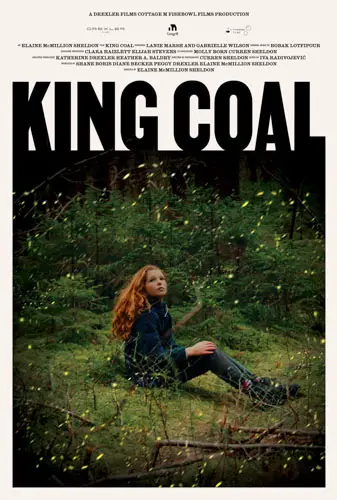
"…a powerful documentary on a relatively niche topic..."
